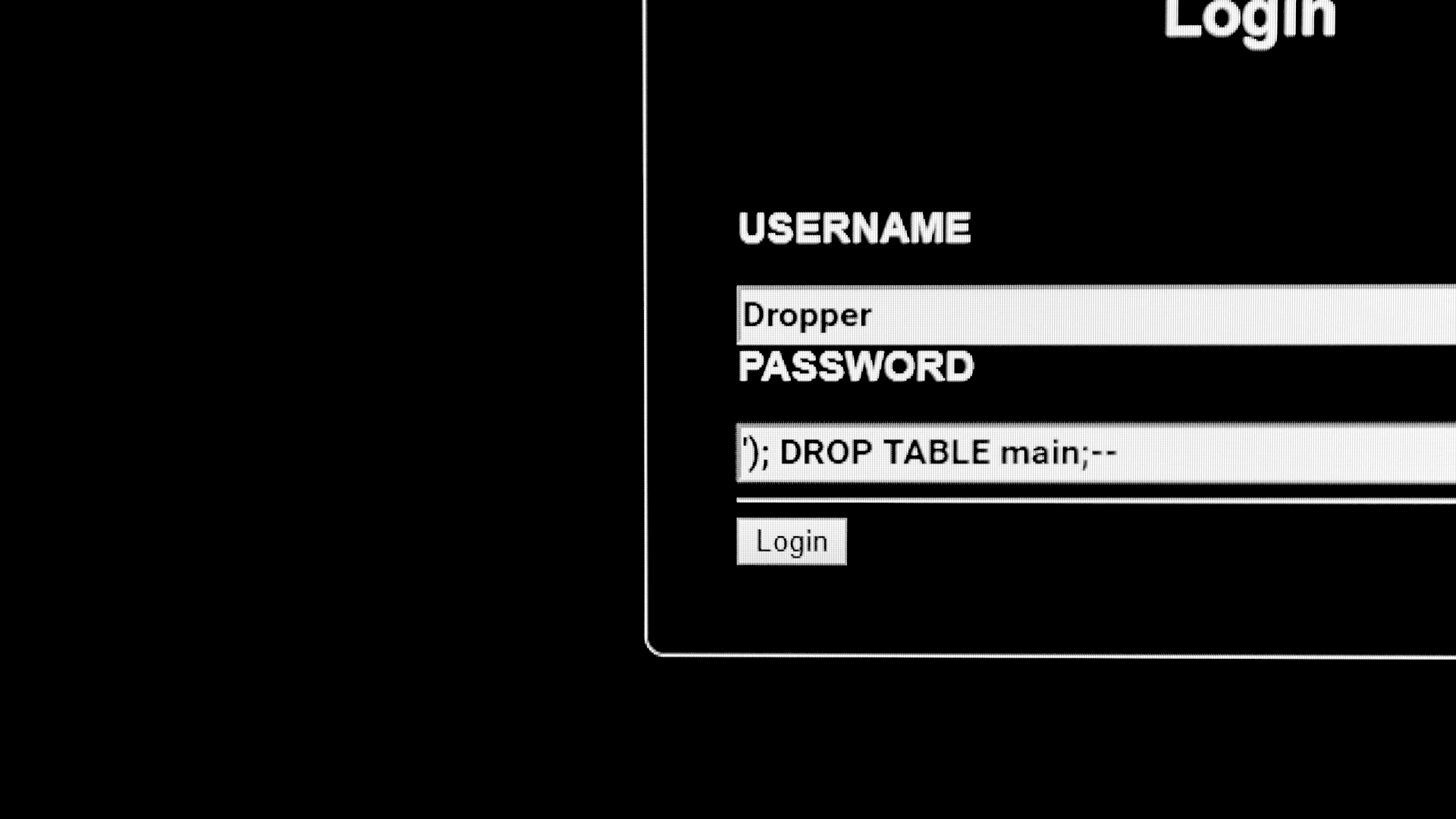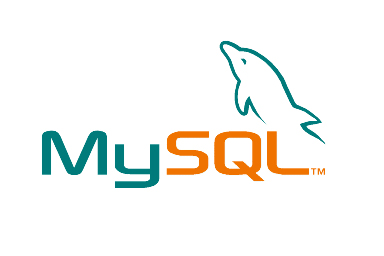SQL and DDOS attacks remain priority for hackers
Sensitive data increasingly being gleamed from social networks and through the practice of 'E-whoring', notes Imperva.

SQL injection and DDoS attacks are still the main ways in which hackers aim to attack websites.
Nearly one fifth of discussion volume (19 per cent) in a hacker forum comprising of 250,000 members, was dedicated to discussing SQL and DDOS attacks, according to data security firm, Imperva.
SQL injections are currently the top priority for hackers, as security teams and businesses have failed to take precautions to protect themselves, the firm in its Monitoring Hacker Forums report.
Gleaming sensitive information through popular social media networks and the practice of E-whoring are also on the rise.
Facebook and Twitter are the most discussed media platforms in hacker forums taking up 39 per cent and 37 per cent of the discussion time, respectively.
"Facebook and Twitter are on top of that list and with some presence of Myspace and Google + and LinkedIn," Tal Be'ery, web researcher for Imperva, told IT Pro.
"But Facebook and Twitter are at the top because are the most popular [and] therefore the most interesting data can be found there."
Get the ITPro daily newsletter
Sign up today and you will receive a free copy of our Future Focus 2025 report - the leading guidance on AI, cybersecurity and other IT challenges as per 700+ senior executives
E-whoring, the practice of selling pornographic content, is becoming more popular avenue for hackers who exploit men and women. Hackers typically pretend to be women and tempt victims into paying money for 'E-whoring packages' with the promise of pictures and videos.
Hackers aims to attain street cred' in forums by giving aspiring students tips and tricks. As they start to learn more, students are given topic forum-specific codes so that the experienced hacker does not give out vital information about what they know or who they are.
Be'ery added that through the private network within forums, hackers use private messaging, giving certain people authentication privileges or using instant messaging since creating accounts is easily accessible.
Businesses should use CAPTCHA authentication and monitor browser traffic to make sure they are protected from attacks, he added.
-
 Bigger salaries, more burnout: Is the CISO role in crisis?
Bigger salaries, more burnout: Is the CISO role in crisis?In-depth CISOs are more stressed than ever before – but why is this and what can be done?
By Kate O'Flaherty Published
-
 Cheap cyber crime kits can be bought on the dark web for less than $25
Cheap cyber crime kits can be bought on the dark web for less than $25News Research from NordVPN shows phishing kits are now widely available on the dark web and via messaging apps like Telegram, and are often selling for less than $25.
By Emma Woollacott Published
-
 250,000 stolen MySQL databases auctioned on the dark web
250,000 stolen MySQL databases auctioned on the dark webNews Hackers are thought to have obtained 7TB of stolen data using the PLEASE_READ_ME ransomware campaign
By Sabina Weston Published
-
 How does a SQL injection attack work?
How does a SQL injection attack work?In-depth Understanding one of the simplest, yet most effective, methods of cyber attack
By Adam Shepherd Last updated
-
 SQL injection flaw fixed by Drupal
SQL injection flaw fixed by DrupalNews The makers of the open source content management system have fixed troublesome flaw
By Clare Hopping Published
-
 MySQL hit by irony attack
MySQL hit by irony attackNews MySQL.com gets hit by an SQL injection attack, and hackers leak some disconcertingly weak passwords onto the net.
By Tom Brewster Published
-
 Week in review: Skynet here we come!
Week in review: Skynet here we come!News Microsoft has trouble with XP and SQL, HMRC staff are snoops, bloggers speak up on elections and robots learn to carry mugs.
By Asavin Wattanajantra Published
-
 Microsoft denies fault for massive SQL attack
Microsoft denies fault for massive SQL attackNews The company insists that there were no vulnerabilities specific to Windows which could have allowed a massive database attack affecting over half a million web pages.
By Asavin Wattanajantra Published